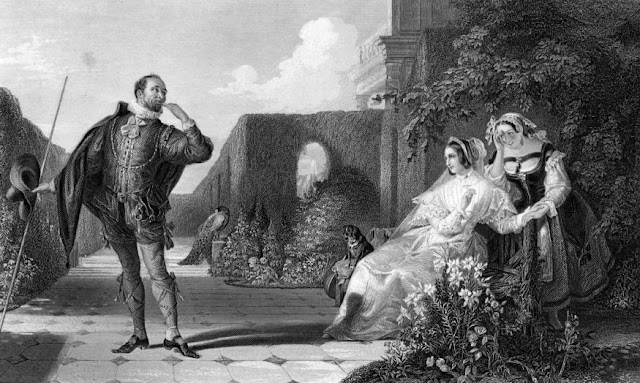There was a time in British history that Christmas festivities were cancelled. This happened between 1650 and 1660 after Oliver Cromwell outlawed Christmas.
Cromwell was a statesman and general, an intensely religious man who rose to power, joined the English Civil Wars and sided against King Charles I. Despite coming from the middle gentry, his ability to lead the troops into success in the battlefields quickly gained him prominence and esteem from his colleagues.
In January 1649, King Charles I was executed. Now in power and taking the title Lord Protector, Cromwell, who was a Puritan, outlawed Christmas celebrations and ordered anyone who sings carols, holds festivities or participates in any of the old Christmas traditions arrested, fined and jailed. For Cromwell, Christmas should be spent on sobriety and reflection and, if it did not fall on a Sunday, people should just carry on with their quiet lives with no gift, no drinking, and no singing. The Puritans argued that the Bible does not tell people to celebrate Christ’s birth on December 25.
In the book Stories behind the Great Christmas Traditions, author Ace Collins wrote:
"For his entire
rule, Cromwell managed to put a cap on the traditionally riotous English
Christmas behavior. Yet after he died and was replaced by his son, the
commoners demanded the restoration of old-fashioned Christmas celebrations.
When Richard Cromwell, Oliver's son and England's new leader, refused, the door
opened for a rebellion. With the promise of making Christmas what it had been,
Charles II was welcomed back to the throne, and the Puritans were tossed out in
the streets."
Of course, there was more to the downfall of the Commonwealth and the restoration of the monarchy aside from the younger Cromwell’s refusal to celebrate Christmas. When Charles II, the son and successor of Charles I, gained the crown, Christmas was once again celebrated at home at on the streets.
10 Inspiring Christmas Quotes from Our Favorite Royals
Queen Victoria’s First Christmas: A Homely Christmas
Queen Charlotte and the British Royal Family’s First Christmas Tree


.png)





1 Comments
Your comment is very beneficial for the future, you have written in a very beautiful way, you have an inspiration for the youth who come to your comment is really very beautiful, nowadays children do not know where they are wandering, no one can make a comment like you. The post is very different.
ReplyDeleteGurugram call girls
Gurugram escorts
noida call girls
independent call girls